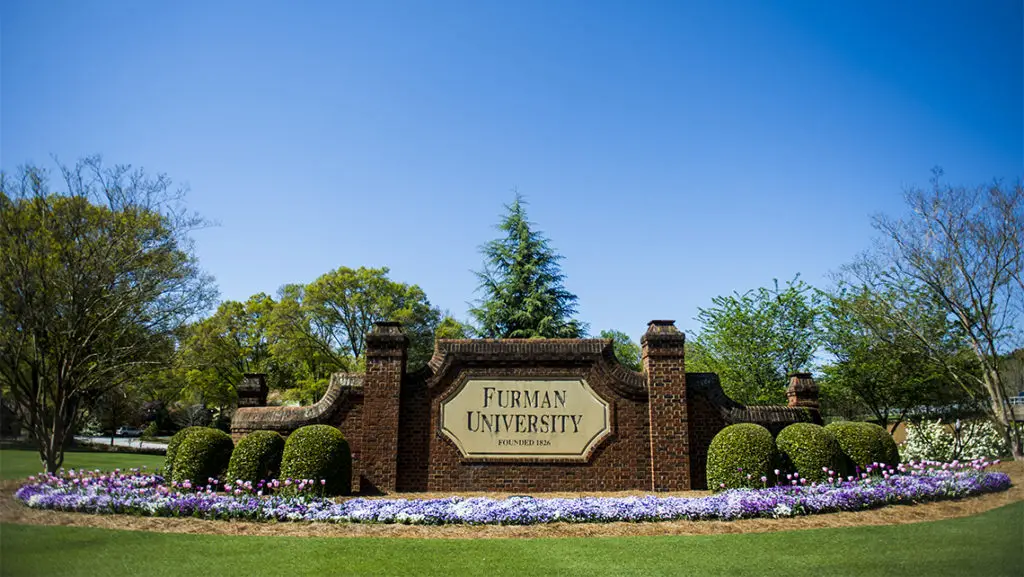Furman University is undertaking a number of measures to acknowledge the role that slavery played in its history.
Following recommendations made by the Board of Trustee’s Special Committee on Slavery and Justice, the university has announced that it plans to remove “James C.” from James C. Furman Hall, and that it will build a statute to honor Joseph Vaughn, the school’s first black student.
“The trustees are pleased to approve the recommendations made by the Special Committee on Slavery and Justice, which will guide Furman in fully acknowledging and sharing its history to foster a more inclusive future,” Alec Taylor, chair of the Board of Trustees, said.
These measures come two years afters the Task Force on Slavery and Justice was formed in the spring of 2017, and one year after it came out with a report, “Seeking Abraham,” in 2018 which uncovered the truth about the school’s historical ties to slavery and racism.
James C. Furman was the first president of the University who defended slavery.
At a Board of Trustees meeting that took place on May 18, board members also approved renaming the school’s lakeside housing area to the Clark Murphy Housing Complex after Clark Murphy, an African-American groundskeeper who worked for decades at the Greenville Woman’s College.
Programs across various schools will be named after Lillian Brock-Flemming and Sarah Reese, Furman’s first female African-American students, as well.
Over the coming months, after consultation and coordination with faculty, staff, and alumni, the campus will also feature markers and plaques to “tell a more complete and inclusive story about the people and actions that shaped Furman,” the school reported in a statement.
“We are proud of the work done by the Special Committee and the Task Force, looking honestly at Furman’s past while considering what will best move the university forward in the future,” Furman president Elizabeth Davis said.
“It is important that all students, faculty, staff, and alumni see themselves in the university’s story, and that all feel welcome here.”
Furman is a member of the Universities Studying Slavery consortium, consisting of dozens of colleges and universities from the United States, Canada, and the United Kingdom. The consortium is headquartered at the University of Virginia.
Similarly, last month, Georgetown University students proposed creating a fund to benefit the descendants of 272 slaves who were sold in 1838 to pay off the university’s debts. The university is still sitting on recommendations made by its Working Group on Slavery, Memory, and Reconciliation in 2016.
University of North Carolina Chancellor Apologizes for Slavery

